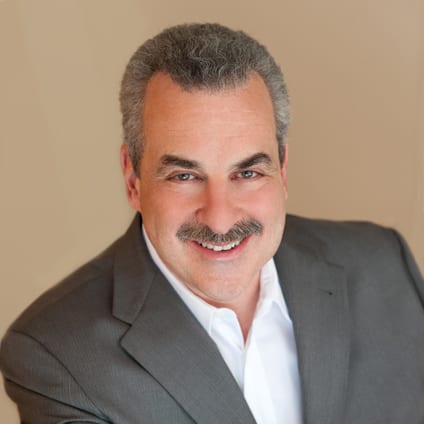Blog
Do Soaring ADHD Stats Mean Overdiagnosis?
Recently the news has been full of reports that the prevalence of attention-deficit hyperactivity disorder in the child and adolescent population is dramatically on the rise. These have been based on analysis of CDC data from a nationwide survey in 2011-2012.
The headline grabber in this analysis is that as many as 1 in 5 high school age boys have been diagnosed with ADHD, and 11 percent of school age children overall. And these numbers have stimulated concern that too many kids are being diagnosed, and put on stimulant medication.
Whenever we see a surprising increase in in the prevalence of a diagnosis, two responses spring to mind: One is that diagnostic standards have been changed—weakened—so that kids whose symptoms wouldn’t have met standards before are now being diagnosed. This is a claim that doctors are guilty of overdiagnosis, or misdiagnosis, or pathologizing normal behavior.
The other response is an increase in diagnoses means that kids who weren’t getting the attention they needed are now getting it, because of increased access to care, better information, or a decrease in the stigma that has so long been attached to seeking mental health care.
In my opinion, both of these things can be true.
It’s true that some kids are getting quickie ADHD diagnoses and, yes, prescriptions, by overworked and undertrained doctors. Not all kids who have trouble paying attention in school or behaving well in the classroom have ADHD, and it’s sometimes easier to try medication than to investigate out what’s really behind problematic behavior. A knee-jerk diagnosis is a disservice to kids whose problems are rooted in anxiety or depression or family crisis.
But it’s also true that there’s an increase in awareness among families, educators, and health professionals that kids with impairing school struggles or dangerous misbehavior really can, and must, be helped. Just washing our hands of kids who have problems and letting a lot of them drop out of school is not a viable option either for those children or for our society. They need to become successful learners in order to be successful adults, and we need them to be prepared, intellectually and emotionally, to form a prosperous and competitive new generation. That’s one reason a lot more parents are hearing that they might want to have their kids evaluated—and that there are more diagnoses as a result.
It’s important to note that while news organizations have done analysis on the raw data from the CDC survey, the CDC has not yet released their own study. And it’s important to pay close attention to the methodology of these mass surveys, lest we overreact. The CDC survey is based on parent responses to questions I believe could possibly elicit misleading responses. For instance:”Please tell me if a doctor or other health care provider ever told you that [the child] had the condition.”
Often psychiatry is accused of being an unscientific, disturbingly subjective enterprise full of clinicians desperate to label and then medicate people—the more the better. For one, most ADHD diagnoses are made by primary care doctors, not psychiatrists, and that it is in all of our interests to be very careful about who we diagnose and medicate.
But we should also be very careful about throwing around accusations of fraudulent diagnoses, claims that ADHD isn’t a real disorder, and horror stories about stimulant medication use by school children leading to addiction. ADHD is a real brain disorder; it can create severe barriers to success in school, in relationships, in life; and kids who don’t get treatment are at heightened risk for drug abuse, not the other way around.
The CDC survey is remarkable for its large size and how representative it is of the population. What we also need are studies of this size that report more specific and dependable clinical information if we are truly going to understand how ADHD and other childhood psychiatric disorders are affecting our kids, and how we as a society are meeting this challenge. I think that people on all sides of the debate would agree.

